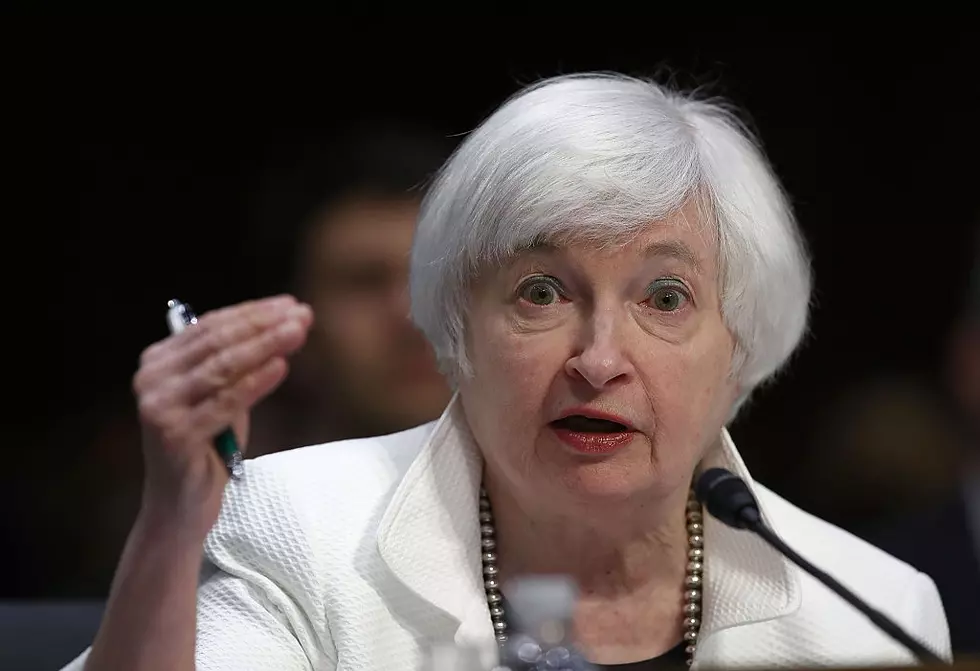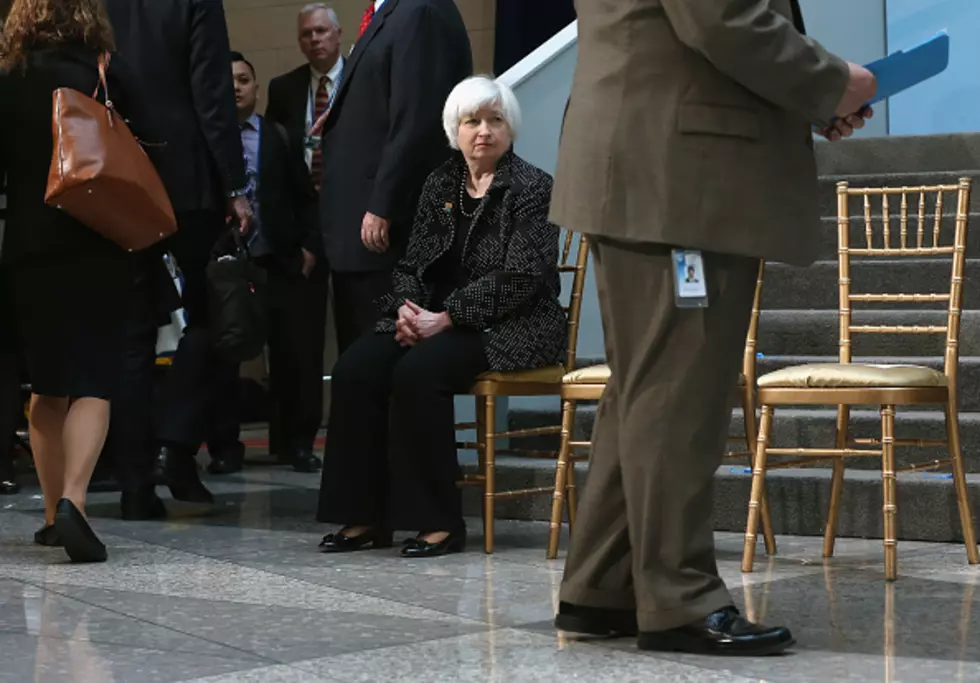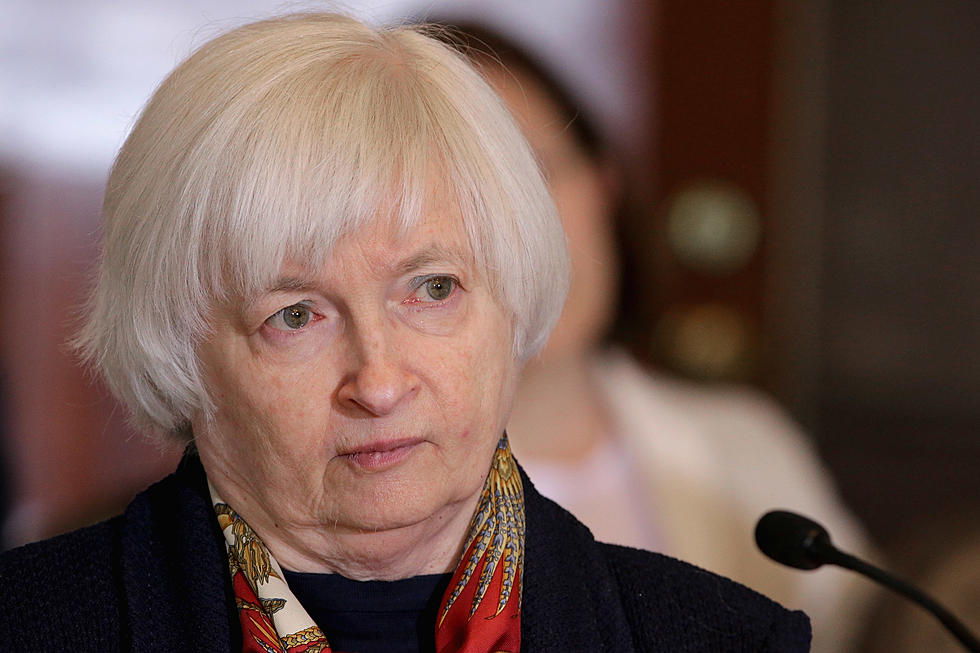
Fed’s Brainard: Move cautiously before hiking interest rates
Federal Reserve board member Lael Brainard indicated Monday that she's in no hurry to raise interest rates again, comments that were greeted with relief on Wall Street.
In a speech in Chicago, Brainard said that the risk that higher rates will damage a fragile economy exceeds the risk that higher rates will ignite inflation. Economic weakness "counsels prudence," she said.
The Dow Jones industrial average shot up 200 points after Brainard's speech.
Financial markets had been on edge after several Fed officials in recent days signaled a willingness to discuss a rate hike at their meeting next Tuesday and Wednesday.
Low rates have fueled a strong stock market rally. Until the recent comments, investors had been expecting the Fed to delay a rate increase until December or later.
Brainard is among the Fed's top "doves," who believe the central bank should be cautious about raising rates. Had she signaled a change of heart, it might have convinced investors that a hike was coming next week, especially after another dove, Boston Fed chief Eric Rosengren , said on Friday that there's case for higher rates. The comments -- and anxiety about what Brainard might say -- sent stocks tumbling on Friday.
Brainard, a former White House and Treasury Department official, is seen as a contender for a top job in a potential Hillary Clinton administration.
The Fed surfaced as a campaign issue Monday when Republican nominee Donald Trump accused Fed Chair Janet Yellen of holding rates "artificially low" to keep the economy rolling and benefit President Barack Obama. "She should be ashamed of herself," Trump said on CNBC.
The Fed raised the short-term rate it controls in December for the first time since 2006. More rate hikes were expected to follow quickly, but the Fed has held off. The global economy has been sputtering. A sharp deceleration in the Chinese economy has periodically rattled world financial markets. And U.S. economic growth has been sluggish since late last year, dragged down by the worldwide troubles and by a strong dollar that makes U.S.-made goods pricier overseas.
In her speech, Brainard cited the global economic problems as a reason to be cautious about raising U.S. rates.
"The fallout from adverse foreign shocks appears to be more powerfully transmitted to the U.S. than previously," she said.
Brainard also noted that annual inflation has been coming in well below the Fed's 2 percent target.
But other Fed officials are ready to talk about a rate hike. In a speech earlier Monday, Dennis Lockhart, president of the Fed's regional bank in Atlanta, said he still held the view he expressed last month at a Fed gathering at Jackson Hole, Wyoming, that economic conditions justified consideration of a rate hike in September.
"I am satisfied at this point that conditions warrant that serious discussion," he said.
Lockhart noted that "financial markets seem to be very sensitive to remarks of Fed speakers at the moment" and for that reasons he said he wanted to "avoid any chance of contributing to market volatility" in advance of next week's meeting. So he said, he did not plan to be more specific on his views of how the Fed should act at their final three meetings of this year in September, November and December.
Lockhart is not one of the 10 voting members of the Fed's interest-rate setting panel this year but he does participate in the discussions.
(Copyright 2016 The Associated Press. All rights reserved. This material may not be published, broadcast, rewritten or redistributed.)
More From New Jersey 101.5 FM









